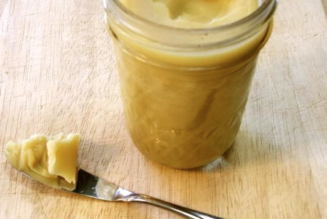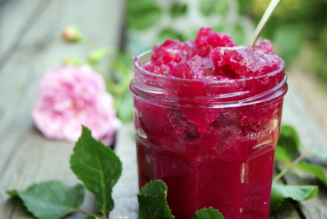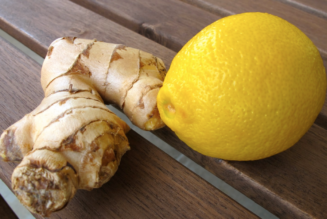Ayurvedic Management Of Psoriasis
When winter comes and snowfall hits, many people enjoy the season and it’s outdoor activities. Psoriasis patients however often experience a recurrence of the disease during mid-winter. Psoriasis is not only a seasonal disorder but a lifestyle disorder as well.
Understanding Psoriasis
The word psoriasis is derived from the Greek word “Psora” and “Iasis”. “Psora” means ‘itch’ or ‘scale’ and “Iasis” means ‘condition’. Psoriasis is an inflammatory disorder that affects the skin and nails. It is marked by patches of thick, red skin covered with silvery scales that occur primarily on the elbows, knees, lower back and scalp. Although not life-threatening, it can be painful and cause psychological and emotional distress. Psoriasis occurs when the immune system mistakes the skin cells as a pathogen, and sends out faulty signals that speed up the growth cycle of skin cells.
Causes of Psoriasis According To Ayurveda
Acharya Charak has described the involvement of vata and kapha in ekkushtha (Kitibha) or psoriasis. Accumulation of toxins or ama could also lead to this diseased condition.
1. Viruddha Aahar (contradictory foods) and Mithya Ahara (Improper Diet)
Excessive intake of yogurt, seafoods, salty foods, black gram and sour foods, spicy foods, fermented foods, menda(fine flour), and bakery products, junk foods and fast foods, refrigerated and cold foods may contribute to psoriasis.
2. Mithya Vihara (Improper lifestyle)
An irregular lifestyle disrupts the digestive process and creates imbalance in the doshas.
3. Adrista Hetu (Unknown Cause)
4. Excessive Physical and Mental Stress
Green Juice – Which May Be Helpful For Psoriasis
Some Common Triggers For Psoriasis:
- Infections (e.g. streptococcal, viral)
- Skin trauma (Koebner phenomenon)
- Psychological stress
- Drugs (e.g. lithium, beta blockers)
- Sunburn
- Metabolic factors (e.g. calcium deficiency)
- Hormonal factors (e.g. pregnancy)
- Local factors: Local injury to skin produces psoriatic lesions, the well known Koebner Phenomenon which usually occurs within 7-14 days.
- Emotional stress: The disease itself could produce a reactive depression, which could further exacerbate the disease.
- Infections: Streptococcal UTI has been shown to exacerbate Psoriasis. Other infective foci from sinus, tonsil, gall bladder and oral cavity may be the cause for exacerbation.
- Drugs: Beta blockers, NSAIDS, Anti depressant, Corticosteroid therapy withdrawal, Alcoholic beverages etc.
- Drugs that can trigger the disease, worsen symptoms, or cause a flare-up include Angiotensin-converting enzyme (ACE) inhibitors, drugs used to treat high blood pressure and heart problems
- Beta-blockers, drugs used to treat high blood pressure and heart problems
- Chloroquine, a medicine used to treat malaria
- Lithium for bipolar disorder treatment
- Indomethacin, a nonsteroidal anti-inflammatory drug (NSAID) — Note: Other NSAIDs, such as meclofenamate, may actually improve the condition.
Risk Factors For Psoriasis
Anyone can develop psoriasis, but these factors can increase the risk of developing the disease:
Family history:
Perhaps the most significant risk factor for psoriasis is having a family history of the disease. About 40 percent of people with psoriasis have a family member with the disease, although this may be an underestimate.
Viral and bacterial infections:
People with HIV are more likely to develop psoriasis than people with healthy immune systems. Children and young adults with recurring infections, particularly strep throat, also may be at increased risk.
Stress:
Because stress can impact the immune system, high stress levels may increase the risk of psoriasis.
Obesity:
Excess weight increases the risk of inverse psoriasis. In addition, plaques associated with all types of psoriasis often develop in skin creases and folds.
Smoking:
Smoking tobacco not only increases the risk of psoriasis but also may increase the severity of the disease. Smoking may also play a role in the initial development of the disease.
Complications Of Psoriasis
Depending on the type and location of the psoriasis and how widespread the disease is, psoriasis can cause complications.
These include:
- Thickened skin and bacterial skin infections caused by scratching in an attempt to relieve severe itching
- Fluid and electrolyte imbalance in the case of severe pustular psoriasis
- Low self-esteem
- Depression
- Stress
- Anxiety
- Social isolation
- If one has psoriasis, he or she is at greater risk of developing certain diseases such as metabolic syndrome, a cluster of conditions that include high blood pressure and elevated insulin levels; inflammatory bowel disease; cardiovascular disease and, possibly cancer.
- In addition, psoriatic arthritis can be debilitating and painful, making it difficult to go about one’s daily routine. Despite medications, psoriatic arthritis can cause joint damage.
- Genetic factors play some role, but environmental factors also contribute to disease susceptibility.
Psoriasis is not contagious. According to western medical science there are a few types of psoriasis:
chronic plaque, guttate, flexural, erythrodermic, pustular, localised and generalised. Local forms include palmoplantar, scalp, nail (psoriatic onychodystrophy).
Ayurvedic Management of Psoriasis: An Overview
Ayurvedic treatment of psoriasis includes counseling, lifestyle management, diet management and panchakarma, especially vamana [i.e. therapeutic vomiting] and virechana [i.e. purgation]. In the case of scalp psoriasis shirodhara with proper oils is also a very effective treatment. Treatment may also include stress management, oral Ayurvedic medicines, immunomodulators for immunity, topical treatments, regular follow up appointments and yoga and meditation to relieve mental stress. It is important to maintain a healthy lifestyle in order to adapt to this condition. Regular exercise is also very important. Yogic asanas and pranayam can help to keep the mind and body fit and healthy.
Dietary Restrictions
Avoid the following foods to minimize your psoriasis.
- Avoid acidic (sour) foods, citrus fruits (lemon, orange), apple, mango, grapes, tomato, pineapple, pickles, curd and buttermilk.
- Avoid all fermented food and all bakery food items.
- Avoid whey and fine flour.
- No cold drinks, ice creams, fast food (like pizzas), sauces and Ketchup.
- No fruit jams, preserved juices or preserved foods.
- Avoid sweets, chocolates and paneer.
- No dried fruits (almonds and raisins are okay).
- No tobacco or alcohol.
- Avoid common table salt (rock salt in small quantities is okay).
- All non-vegetarian food should be avoided (only boiled eggs, some types of fish with our permission).
- Avoid red chiles, green chiles, chile powder, garlic, onion, etc.
- No fried food items.
- No milk shakes, no fruit salad , no milk after eating fruits for half an hour
We will continue with the importance of food in other diseases in our upcoming blogs too…
Kindly subscribe us on this website to keep updated with our blogs and start Living Healthy…
Dr.Gaurang Joshi
https://www.atharvaayurvedindia.com
Twitter @drgaurangjoshi
This is strictly for educational purpose only.
These are basic dietary guidelines and not to be considered medical advice
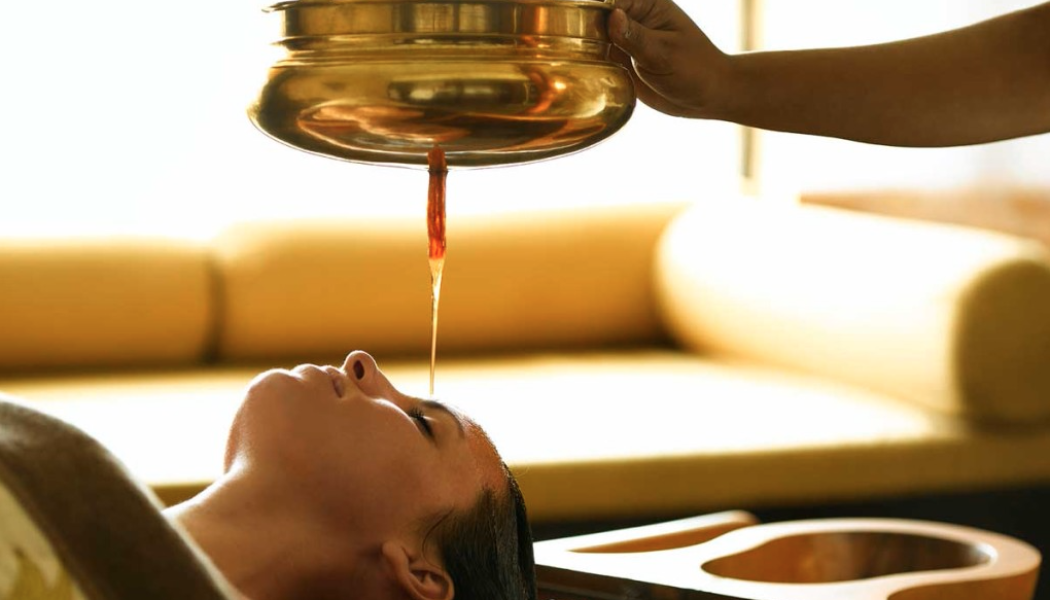
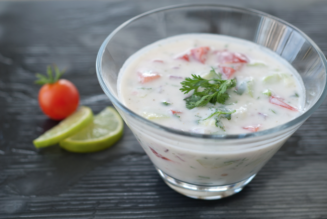

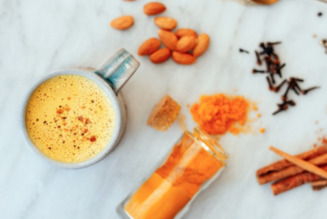
![Female Health: Amenorrhea [cessation of menses] – An Ayurvedic Perspective](https://healthyayurveda.com/wp-content/uploads/2015/07/1.-Amenorhea--327x219.png)

